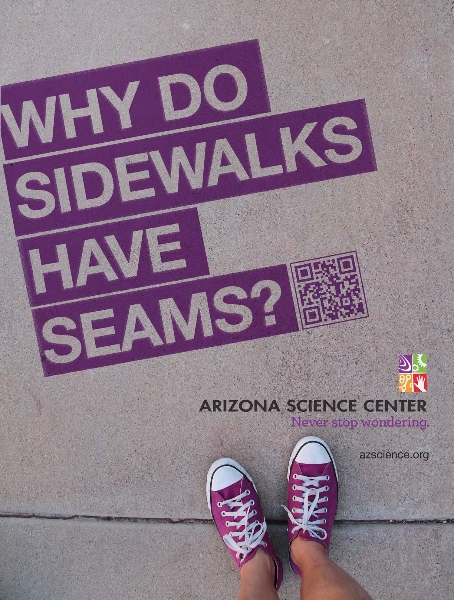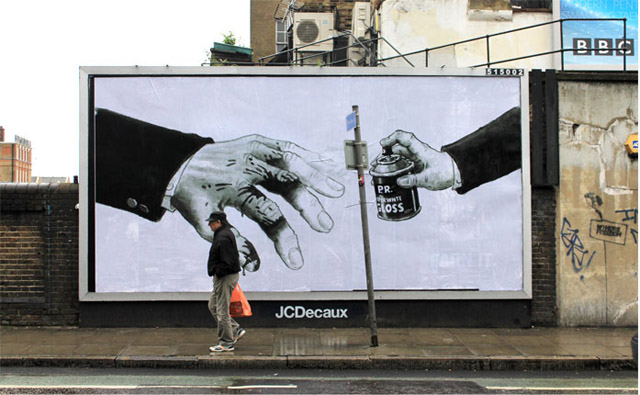During the past two days we’ve continued our discussion of your chosen arguments. In previous years we set aside a day or two to run through the weekly analyses, but I’m enjoying the lecture/discussion rhythm we’ve created. Any votes for either way?
I came across the above images on my favorite advertisement website Monday evening after our kairos discussion. Seemed like something I should share.
Your first formal article analyses will be due next Tuesday. Check your syllabus for a breakdown of what I expect, and please ask questions if you have them.
Looking for arguments online? Here’s an ancient post wherein I list some sources.
Two of the arguments discussed today:
Leitch, Will. “Is Football Wrong?” New York Magazine. New York Media LLC. 10 Aug. 2012. Web. 22 Aug. 2012.
Edmonds, Dan. “Does Every Kid Need a ‘Passion’?” Time IDEAS. Time. 2 Jul. 2012. Web. 22 Aug. 2012.
Today we broke into groups to discuss the arguments you pulled over the weekend in order to give you an opportunity to work out the appeals with your peers.
As you presented your arguments to the class, we discussed several things that you should remember:
- The genres of rhetoric (or branches of oratory). These are another tool you may use to analyze arguments. Essentially, they ask “What does the speaker want his or her audience to do with the information?”
- The importance of external and internal credibility. To keep them straight, know that they are “ex-” or “in-” vis-Ã -vis the argument. So, external credibility comes from the audience’s trust in the author, any authorities speaking on behalf of the argument, the celebrity of the publication, etc. Internal credibility ((the one you’ll be relying upon, mostly)) comes from the apparent reasonableness of the argument, data or statistics that support your argument, and how well-written/delivered the piece is.
- The argument’s situation and timeliness, known as kairos. We discussed this when looking at a piece about the Olympics, noting that a connection between the games and jazz makes an interesting hook now, but interest is likely to wane in the coming months.
We will continue our discussions of your arguments tomorrow, so make sure you remember a copy.
Arguments presented today:
Dadisman, Alec. “My Opinion.” Technology in the Classroom. 24 Mar. 2010. Web. 20 Aug. 2010.
Murphy, Sean. “Thoughts on the Olympics, Improvisation, and Jay Adams.” PopMatters. 8 Aug. 2012. Web. 20 Aug. 2012.
(If yours isn’t listed, just send me a link in an email.)
This week we looked at a number of advertisements as an introduction to the three rhetorical appeals: ethos, pathos, and logos. ((Go ahead and bookmark The Forest of Rhetoric—we will refer to it often.)) These will be the basis of your analyses of arguments for the next few weeks, so make sure you’re familiar with them.
Your homework for the weekend is to find an argument in the wild—the topic does not matter, nor does the medium—email a link to me (if possible), and bring a copy to school. After you’ve chosen the piece, note how the author appeals to his or her audience: what kind of emotions is it meant to elicit? how does the piece inspire trust? what is the audience meant to do with this information?
You will (briefly, informally) present the argument to the class and we will discuss on Monday.
[T]here’s a really interesting conversation about the role of Batman in civil society and his usurpation on the state’s monopoly on violence going on right now.
via Batman, Vigilantism, and the State | Law and the Multiverse.














